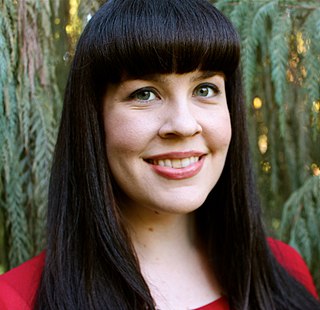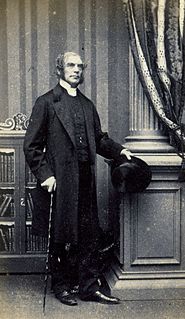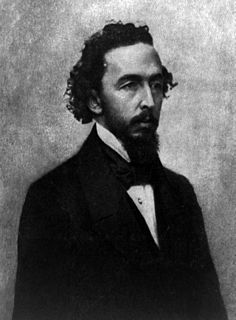A Quote by Henry Wadsworth Longfellow
I like that ancient Saxon phrase, which calls, The burial-ground God's-Acre.
Related Quotes
I have found a shaft, going 29 meters [95 feet, approximately] vertically down into the ground, exactly halfway between the Chefren Pyramid and the Sphinx. At the bottom, which was filled with water, we have found a burial chamber with four pillars. In the middle is a large granite sarcophagus which I expect to be the grave of Osiris, the god.
And in this battle, Brother William (Guillaume), Master of the Templars, lost an eye; and he had lost the other on the previous Shrove Tuesday; and that Lord died as a consequence, may God absolve him! And you should know that there was at least an acre of land behind the Templars, which was so covered with arrows fired by the Saracens, that none of the ground could be seen.
I have these guilts about never having read Chaucer but I was talked out of learning Early Anglo-Saxon / Middle English by a friend who had to take it for her Ph.D. They told her to write an essay in Early Anglo-Saxon on any-subject-of-her-own-choosing. “Which is all very well,” she said bitterly, “but the only essay subject you can find enough Early Anglo-Saxon words for is ‘How to Slaughter a Thousand Men in a Mead Hall’.
There is one particular argument that I call our 'ancient war.' If it could be summed up in one phrase, it would be, 'You don't get it. You don't understand what it's like to be me living with you.' There is such truth in that statement. None of us can really appreciate what it is like to be the other person, what that point of view feels like.






































